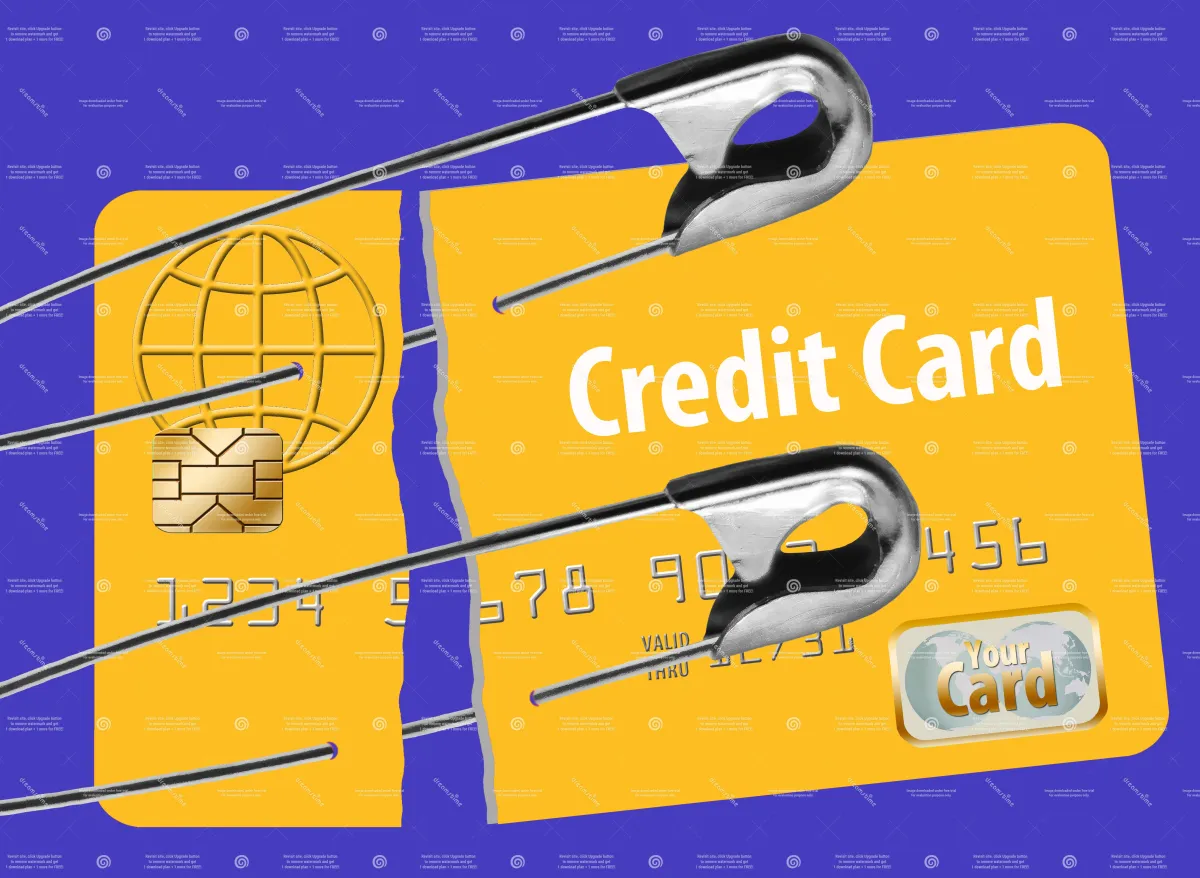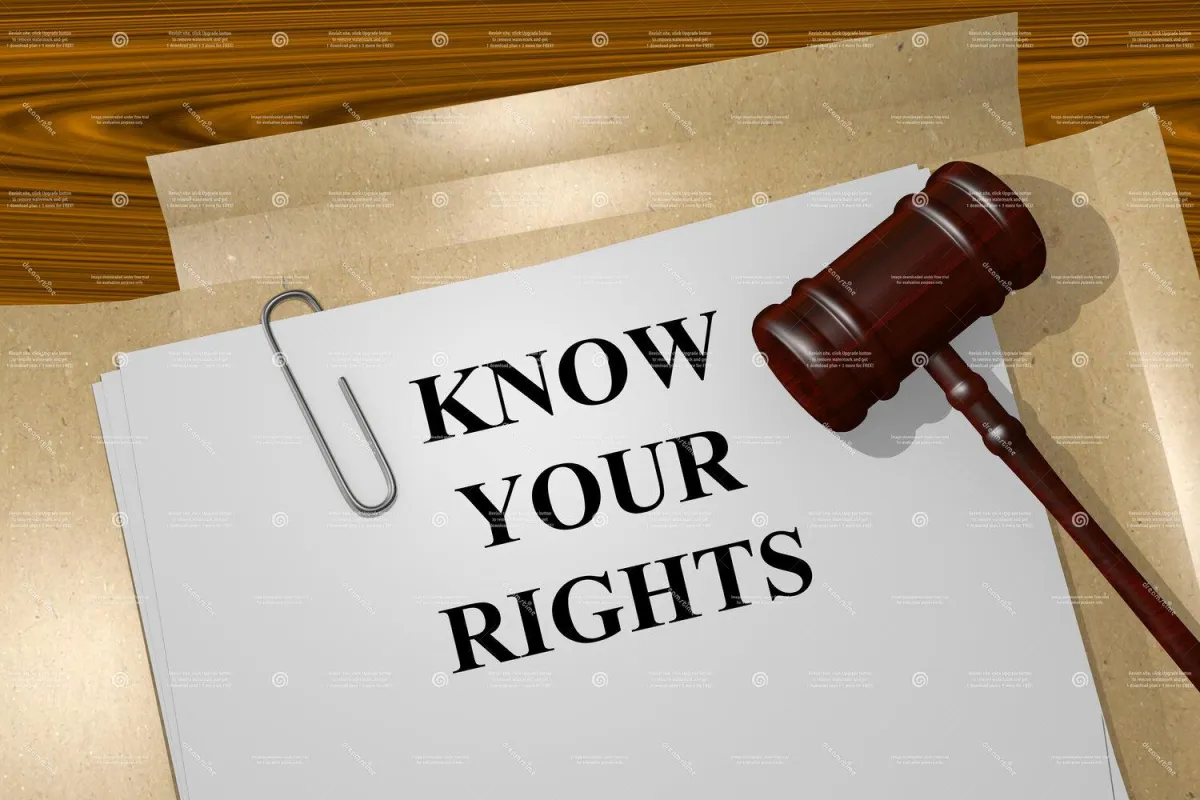The Knowledge Center

Credit repair is about your credit Report, not your credit Score.
Everyone wants a 700-800 credit score, but did you know you could have a 752 and still be denied for everything you apply for? It’s true!
Although your credit score is important, your credit profile is what creates that score. In fact, you don’t even have a credit score until FICO calculates all the data and information when your report is pulled.
Fico scores are used by lenders to assess the risk of lending to you. These scores are generated from the information available on your credit report. So, if you don’t have any information on your credit report, a credit score cannot be generated.
Sometimes when all the negatives items are removed from your credit, without any positive open accounts reporting to your credit you may end up with what we call a false high credit score. Although your score is high, you will still be denied by most lenders because you have no credit report showing whether or not you can handle and manage debt.
The purpose of your credit report is to advise lenders of your credit worthiness based on how long you’ve had credit, if you pay your bills on time, and if you can mange multiple types of debt.
A person that has never had credit before could add one positive account on their credit report and receive a score in the high 700’s like mentioned earlier, but they would still be denied for almost every line of credit they applied for. Why? Because no credit is just as bad if not worse than Bad credit. Most lenders will approve someone with a lower credit score but established report before approving someone will no credit at all.
So, Yes, we all want high scores. The 800’s club should be everyone’s end game goal, but… When you're repairing your credit be careful with credit repair companies offering to wipe your credit clean. They will be doing more damage than good. Credit repair is about fixing the inaccurate and incomplete information on your credit report not just deleting everything. The information on your credit report is what ultimately determines your credit worthiness and is the basis of your credit score.
First thing’s first, Check and monitor your credit. By law, you are entitled to one free credit report from Equifax, Experian, and TransUnion once a year. Visit www.AnnualCreditReport.com to receive your free copy of your credit report.
or visit www.MyScoreIq.com to view and monitor your FICO score and FICO reports each month..
Did You Know Medical Bills Are NOT Legally allowed to be on your credit report due to HIPAA?
First lets start with your rights as a consumer. When investigating or disputing any information on your credit report the credit bureau/collection company bears the burden of proof. This means the credit bureau and collection company have to prove Beyond a Reasonable Doubt that, that debt belongs to you.
HIPAA stands for “Health Insurance Portability and Accountability Act”. A law that was passed in 1996 prohibiting any medical personal from sharing your medical records with any third party without your permission.
So how can the credit bureaus/collection companies prove these medical bills belong to you if they’re not legally allowed to have access to your records???
For more info on Medical bills click here.
If You Don’t Know Your Rights, You Don’t Have Any!!! Click here to learn your consumer rights.


Avoid Closing old Credit Card Accounts
Old credit is the best credit
Your payment history is 35% of your credit and how long you’ve had that credit makes up 15% which is why closing out an older credit card may hurt you more than help you.
Closing a person with young credit (5 years or less) old credit card can represent higher risk in the eyes of a lender and will hurt your overall credit score more than if you were someone with a older credit file with a much longer credit history.
Also closing an account does not wipe that account off your report it will just appear in the “closed accounts” section of your credit report.
Click here to Learn How To Properly Close a Credit Card in 7 Easy Steps WITHOUT killing your credit score.
Filing Bankruptcy Is NOT Credit Repair!
Bankruptcy will not improve your credit in fact it is actually devastating to your credit. Bankruptcy remains on your credit report for up to 10 years, which means for the next 7-10 years you’ll still be in a financial bind, getting denied for credit cards and loans.
7 Common Myths About How Bankruptcy Affects Your Credit


Divorced Credit
Mary and Bill recently divorced. Their divorce decree stated that Bill would pay the balances on their three joint credit card accounts. Months later, after Bill neglected to pay off these accounts, all three creditors contacted Mary for payment. She referred them to the divorce decree, insisting that she was not responsible for the accounts. The creditors correctly stated that they were not parties to the decree and that Mary was still legally responsible for paying off the couple’s joint accounts. Mary later found out that the late payments appeared on her credit report.
BEFORE Filing For BANKRUPTCY: Read This!!!
Bankruptcy is NOT Credit Repair…
Filing for bankruptcy is devastating to your credit and can cause your credit score to plummet more than 200 points. But for people in dire straits, bankruptcy is a last resort that can help them liquidate assets, discard or pay off debts, and get some financial relief.
If you’re considering bankruptcy, you need to understand how it will affect your credit. This involves clearing up some common misconceptions about how bankruptcy affects your credit. Read More...


Understanding Your Credit & Your Rights As A Consumer
A good credit rating is very important. Businesses inspect your credit history when they evaluate your applications for credit, insurance, employment, and even leases. They can use it when they choose to give or deny you credit or insurance, provided you receive fair and equal treatment. Sometimes, things happen that can cause credit problems: a temporary loss of income, an illness, even a computer error. Solving credit problems may take time and patience, but it doesn’t have to be an ordeal. The Federal Trade Commission (FTC) enforces the credit laws that protect your right to get, use and maintain credit.
Get a Summary of Your Rights Under the Fair Credit Reporting Act HERE
How NOT To Repair Your Credit
IF YOU’RE THINKING ABOUT REPAIRING YOUR CREDIT, OR EVEN IF YOU’RE GOING THROUGH THE PROCESS NOW, THERE ARE SOME THINGS YOU SHOULD NOT DO. FROM PUTTING IT OFF TO A LATER DATE TO DISPUTING EVERY CLAIM OR FILING FOR BANKRUPTCY, YOU CAN REDUCE YOUR CHANCE TO MAKE A POSITIVE IMPACT ON YOUR CREDIT SCORE.

Worst Thing You Could Do Is NOT Do Nothing...
A bad credit score is anything below 600 and because it represents your creditworthiness, your score can affect your financial flexibility, and in turn, your lifestyle. One of the worst things you could possibly do is know you have bad credit and not do anything to fix it. Yes, most negative information will fall off your credit report after seven years but a low credit score can stand between you and your goals. As a result of a low credit score most lenders will rejected you outright, or will approve you, but at a much higher interest rate than someone with a high credit score. A low score will prevent you from qualifying for 0% or even low interest rates on credit cards, and personal loans. You’ll be forced to pay a higher auto and mortgage finance rates and in some cases you’ll even pay more for car insurance.